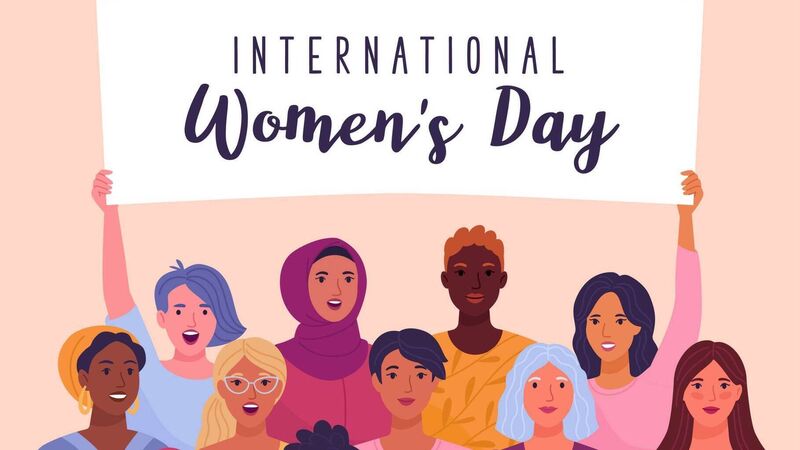Appliance of Science: Women in the fight against Covid-19

On International Women's Day, we look at the part women have played in battling the virus.
It is just over a year since the World Health Organization (WHO) declared Covid-19 a pandemic. As today is International Women’s Day, it seems an appropriate time to take a look at the role women have played in the fight against Covid-19.










